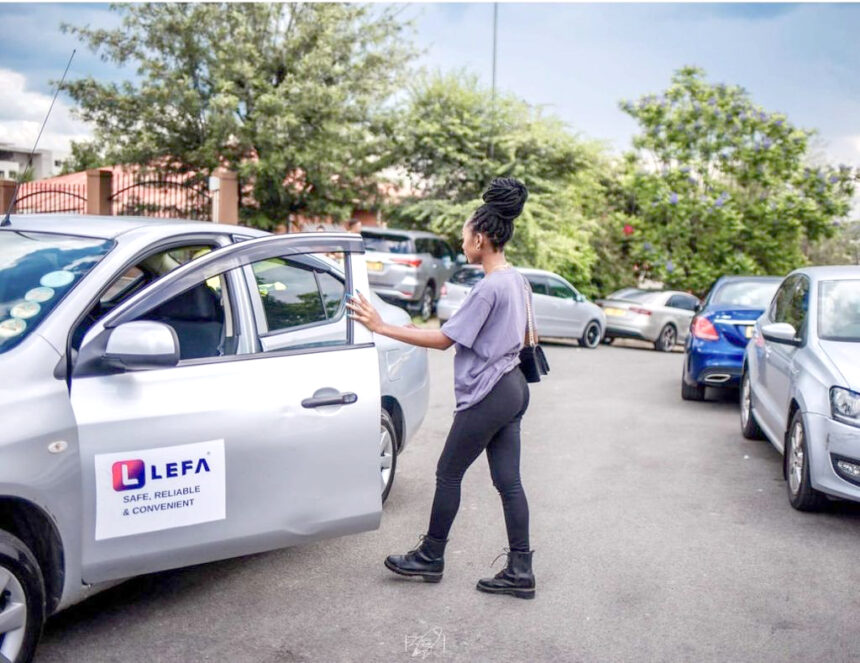Ebba Kandovazu
Electronic-hailing taxi service provider Lefa Transportation has threatened legal action against the Windhoek City Police, the Namibian Tourism Board and the Namibian Police for allegedly failing to act against two other e-taxi service operators. The operators it fingers are Yango and InDrive.
Drivers belonging to these two companies, Lefa claims, are openly violating the laws regulating the transport industry in Namibia.
In a letter of demand dated 15 July 2024, Lefa, represented by lawyer Appolos Shimakeleni, said Yango and InDrive are violating the Road Transportation Act as well as the Namibian Tourism Board in that they do not incur the costs required for the requisite transport permits.
Lefa also claims that drivers operating under the two companies charge “ridiculously low amounts” to customers.
“It is our instructions that our client has in the past engaged your office, as well as other relevant stakeholders. Despite the several engagements and demands, nothing has been done, and our client has, therefore, approached our office to take legal action. Our client has also addressed a complaint to the Competition Commission on 26 April 2024,” Shimakeleni said.
A petition signed by 64 transport operators was also submitted.
“This is not only a violation, but also undermines the efforts of legitimate operators who are trying, at a great financial cost, to comply with the regulations and provide a safe and reliable service to the public,” the letter noted. Branded and unbranded Yango and InDrive vehicles, he added, do not have taxi identification numbers or operator discs and/or road carrier permit and/or NTB discs, making them pirate taxis or shuttles. Speaking to Nampa on Monday, City Police chief Leevi Ileka said he is not aware of the letter of demand. He, however, said they have received a lot of complaints regarding the issue. According to him, a conference addressing the issue is underway at Ongwediva, organised by the Ministry of Works and Transport for law-enforcement agencies.
“It is aimed at discussing modalities on how to regulate these vehicles. All public transporters ought to be registered with us. We are aware that some of these cars are used for crime, and at the moment it is difficult to trace them,” Ileka said. Meanwhile, acting NTB CEO Bonny Mbidzo said they do not regulate the roads, adding that Lefa’s threat is misdirected.
“When the NTB Act was formulated, no one knew there will be such a platform. NTB doesn’t regulate the roads. When you have any paying client in your vehicle, you need to have the public carrier permit. In municipal areas, you must be registered by that municipality. None of this pertains to the NTB. E-hailing is not a Namibian situation alone. We have seen issues with this service in South Africa, for example. We just have to make sure our law-enforcers are on the road. These vehicles are not easy to identify, as they are not marked. We are not the competent authority to be sued,” he added. -Nampa



